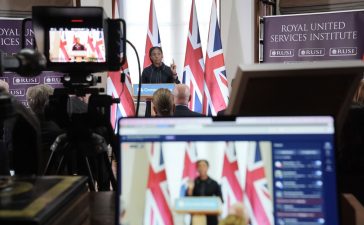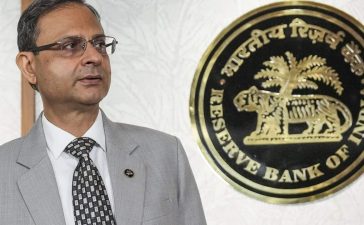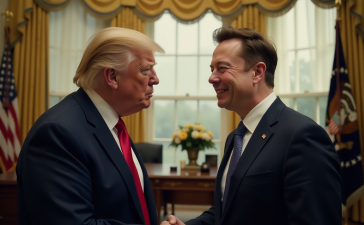- S&P Global’s latest ‘flash’ UK composite PMI declined to 48.2 in April
Private sector output in Britain has shrunk for the first time in around 18 months as US tariff measures have hurt global confidence.
The closely-watched S&P Global’s latest ‘flash’ UK composite purchasing managers’ index (PMI) fell from 51.5 in March to 48.2 in April, the first decline since October 2023.
It represents the lowest reading in nearly two-and-a-half years and is far below the 50.4 anticipated by economists. Any number under 50 indicates a contraction in business activity.
The manufacturing PMI plunged from 45.3 the previous month to just 44.0, its worst performance for almost three years, as heightened trade tensions dampened export volumes.
Since President Donald Trump returned to office, he has imposed a 10 per cent baseline tariff on all US goods imports and a 25 per cent duty on foreign steel and aluminium products entering the US.
He has also slapped a massive 145 per cent levy on most products imported from China and announced – but suspended – ‘reciprocal’ tariffs on dozens of countries like India and Vietnam.
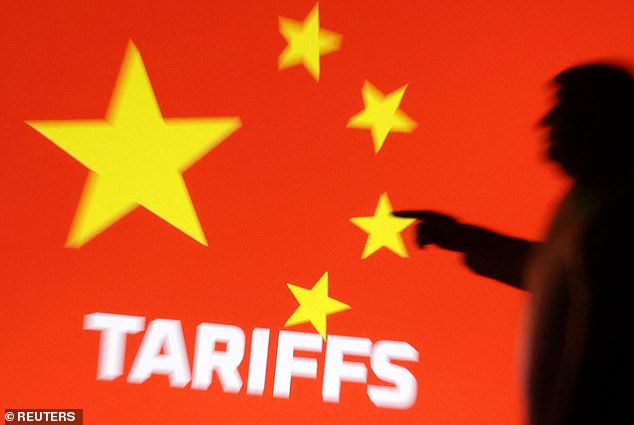
New tax: US President Donald Trump has slapped a massive 145 per cent levy on most products imported from China
China and Canada have subsequently introduced retaliatory measures, with the former nation implementing a 125 per cent tariff on US goods.
S&P Global said the combination of tariff-related uncertainty and worries about the economic outlook has led to a ‘wait-and-see approach to major spending decisions among clients.’
Consequently, new work gained by British private sector companies dropped for the fifth consecutive month and from abroad at the fastest pace since the Covid-19 pandemic in May 2020.
Chancellor Rachel Reeves declared last October that employer National Insurance contributions would go up in April from 13.8 per cent on annual salaries above £9,100 to 15 per cent on wages exceeding £5,000.
This was preceded a few days earlier by a 6.7 per cent hike in the National Living Wage to £12.21 per hour and the National Minimum Wage for 18-20-year-olds soaring by 16.3 per cent to £10 per hour.
Many major UK firms have warned that the changes will force them to slash jobs, limit wage growth, or slow new hires.
The S&P claimed staffing levels decreased for the seventh successive month in April, with cuts observed in both the service and manufacturing sectors.
Chris Williamson, chief business economist at S&P Global Market Intelligence, said: ‘While recent months have been characterised by UK businesses treading water, broadly stagnating since last autumn’s Budget, businesses are reporting more of a struggle to keep their heads above water in April.’
Williamson added that subdued output and confidence levels will pressure the Bank of England to reduce interest rates in May.
DIY INVESTING PLATFORMS

AJ Bell

AJ Bell
Easy investing and ready-made portfolios

Hargreaves Lansdown

Hargreaves Lansdown
Free fund dealing and investment ideas

interactive investor

interactive investor
Flat-fee investing from £4.99 per month
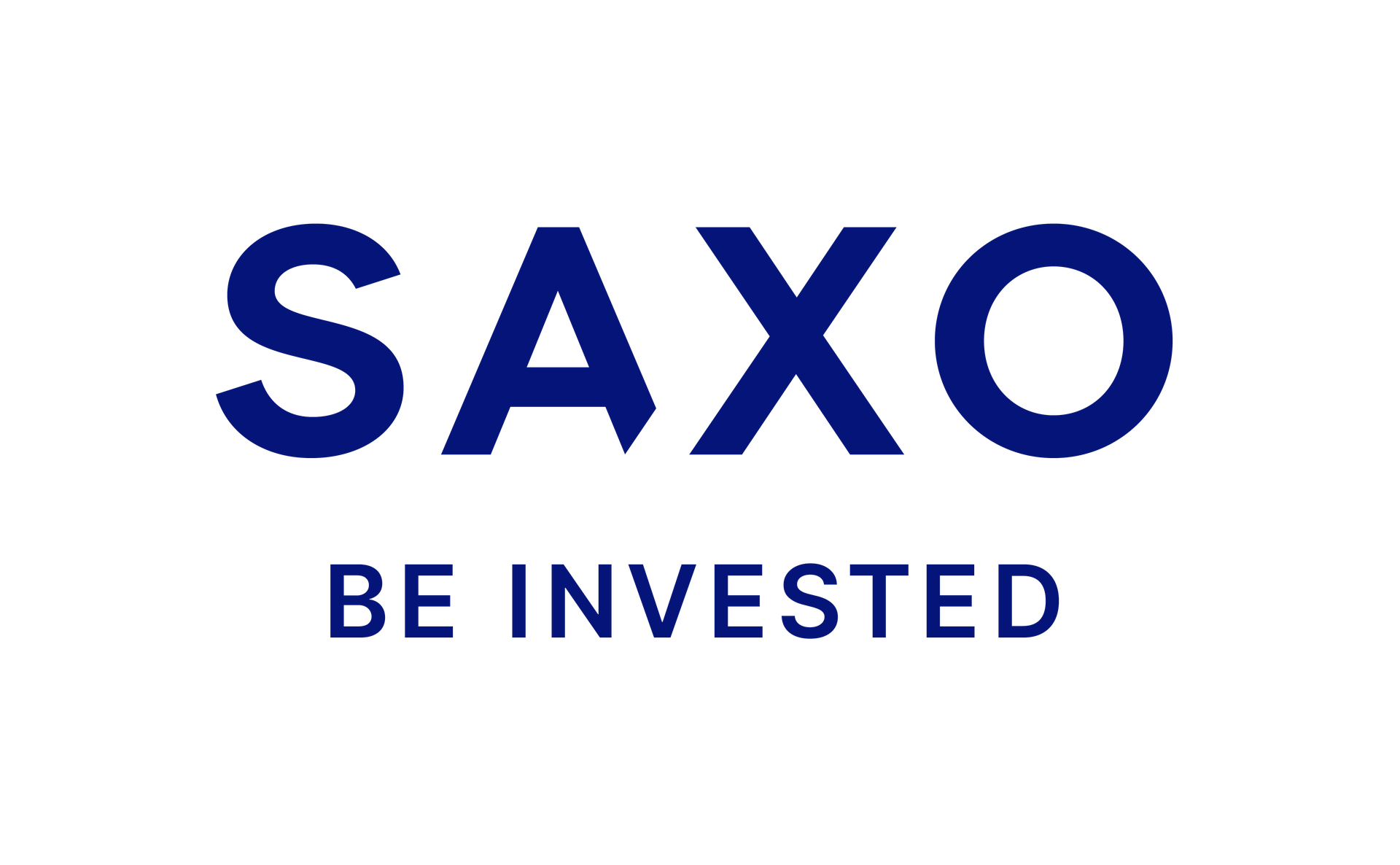
Saxo

Saxo
Get £200 back in trading fees

Trading 212

Trading 212
Free dealing and no account fee
Affiliate links: If you take out a product This is Money may earn a commission. These deals are chosen by our editorial team, as we think they are worth highlighting. This does not affect our editorial independence.








